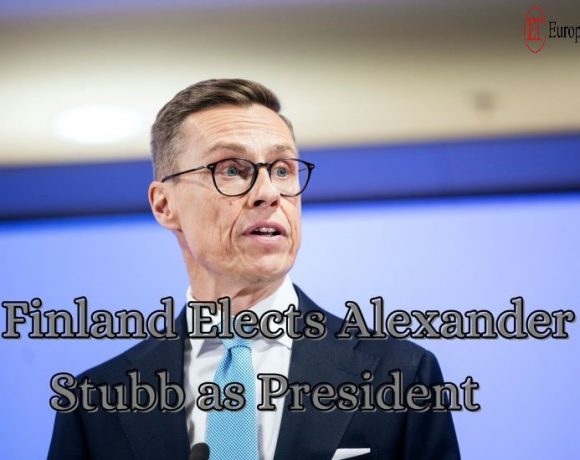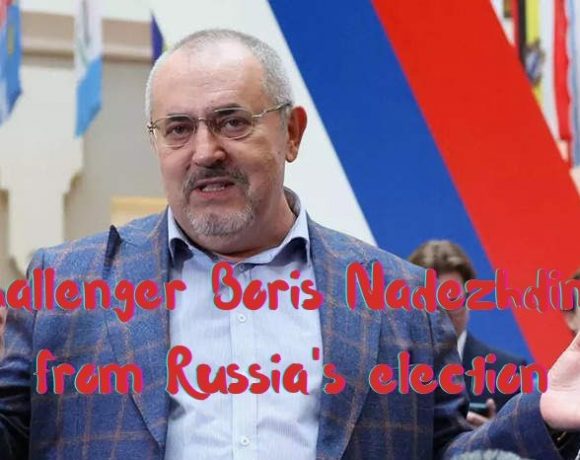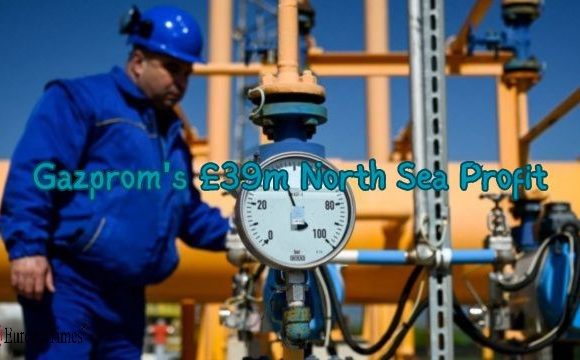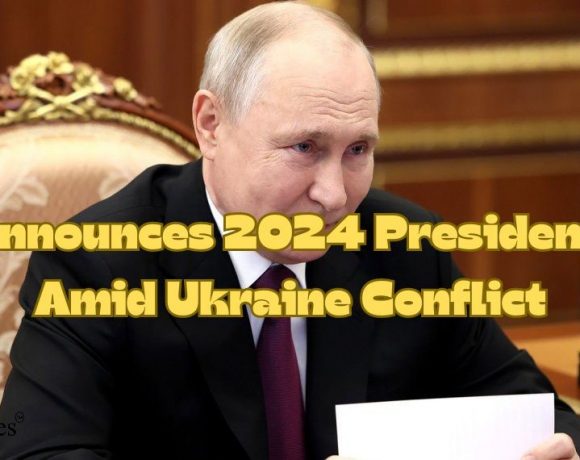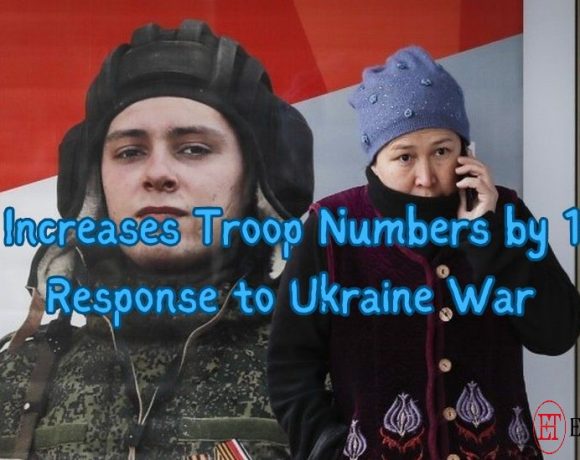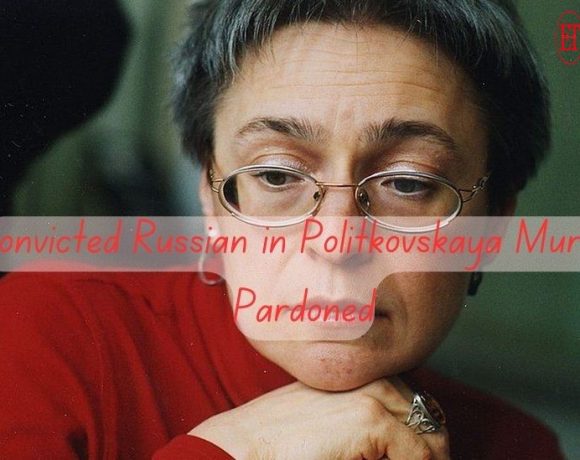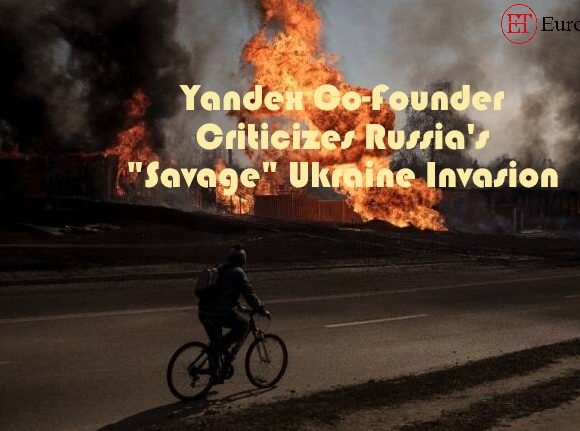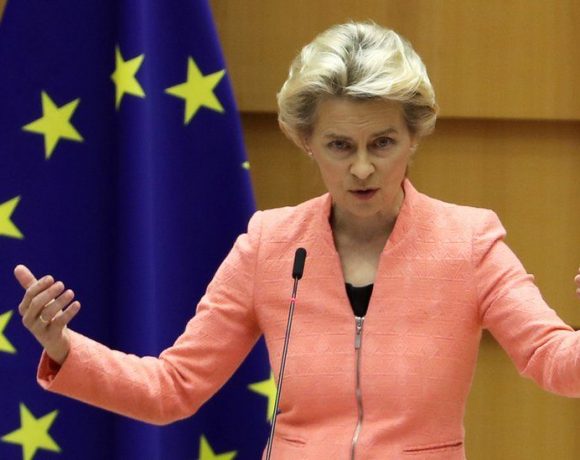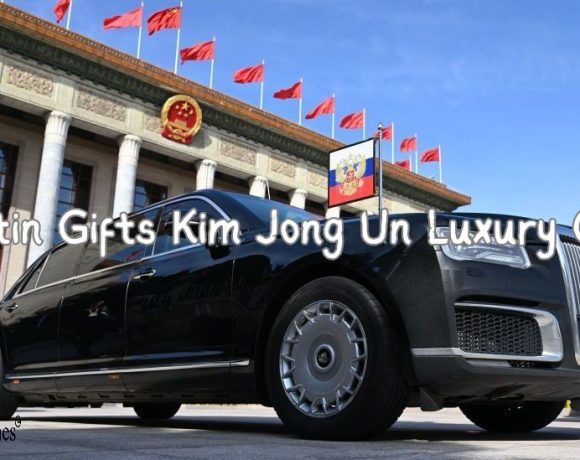
Russian President Vladimir Putin recently presented North Korean leader Kim Jong Un with a luxurious Russian-made car, as reported by Pyongyang’s state media. Kremlin spokesman Dmitry Peskov confirmed the gift, specifying that it was an Aurus, a high-end luxury sedan similar to those favored by Putin himself.
This gesture highlights the deepening relationship between the two nations, particularly in light of Russia’s ongoing conflict with Ukraine. Despite facing international sanctions, suspicions persist regarding military collaboration between Russia and North Korea, with allegations of North Korea providing artillery and missile support to Russia for its war efforts.
The exchange occurred during Kim’s visit to the Vostochny Cosmodrome last September, which marked his first trip abroad in four years. During this visit, Putin personally showed Kim his Aurus limousine and gifted him firearms, further solidifying their rapport.
Kim’s sister, Yo Jong, praised the car gift as emblematic of the close personal bond shared between the two leaders. However, South Korea’s Foreign Ministry criticized the gesture, citing UN sanctions that prohibit the supply of luxury vehicles to North Korea.
While the relationship between Putin and Kim may not display the same level of camaraderie seen between Kim and former US President Donald Trump, both leaders recognize the strategic benefits of fostering closer ties. Plans for Putin to visit Pyongyang in the future have been hinted at by both sides, indicating the ongoing development of their diplomatic relationship.
Picture Courtesy: Google/images are subject to copyright

